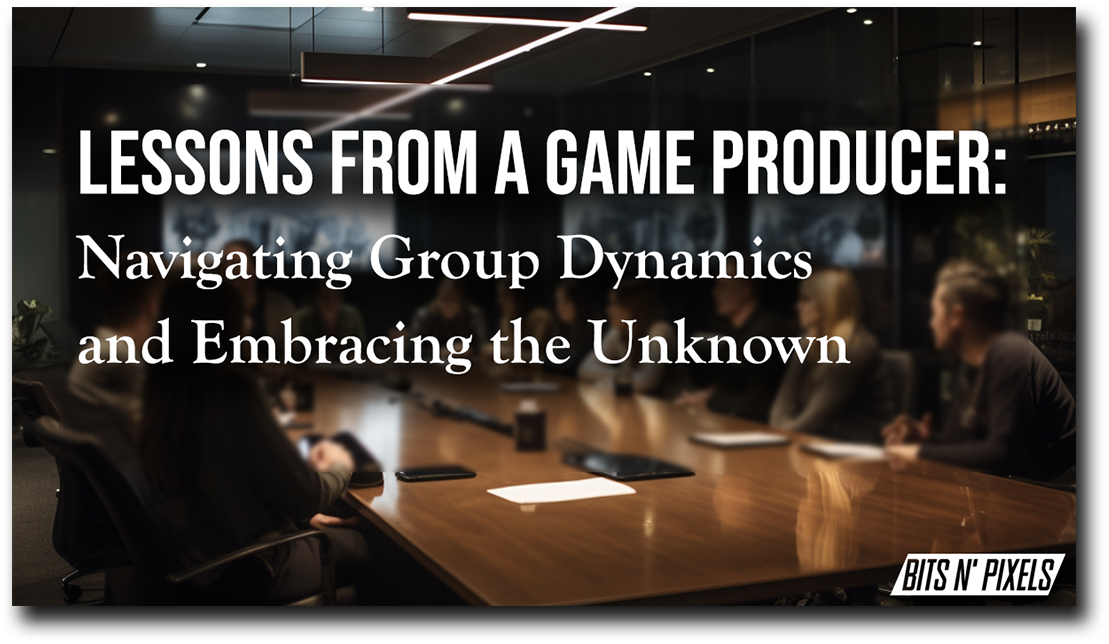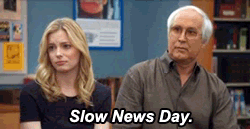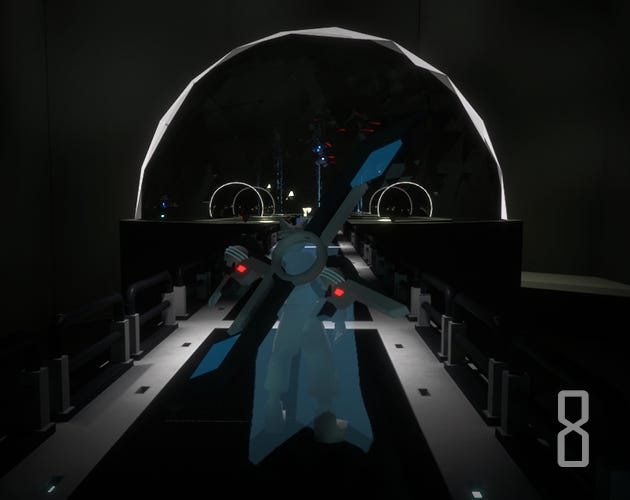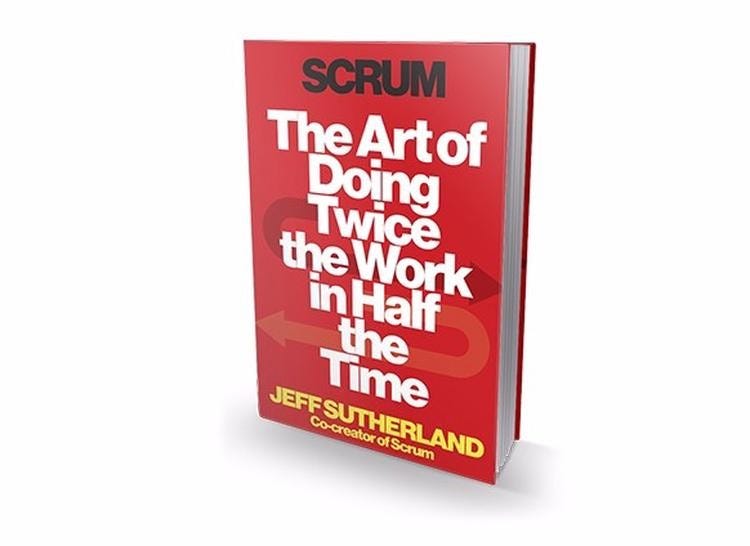Lessons from a Game Producer: Navigating Group Dynamics and Embracing the Unknown
Reflections on the challenges, triumphs, and lessons learned in game production
I wasn’t planning on having something out today.
But a topical storm outside my door changed my mind. So lets chat.
Lets talk a little bit about the nature of group work. Of course… this will be in relation to games, but this is the kind of stuff that transcends games. I’ve been the producer on the last four projects, and I’ve learned a lot at each project. I’ve written before how much fun I had designing my latest games narrative. We’ll have a download link for that game up soon, we’re still putting the finishing touches on it for the quarter.
My goal with this article is to share my experiences from all the group projects I’ve worked on so far, experience from my collaborations with friends, and from the books I’ve read about project management and SCRUM.
So first off I would like to take a second to talk about what a game producer does. The game producers goal is to keep the eye on the prize for the group. They are in charge of making sure that everyone knows what to do, and has the tools in order to accomplish that task. They also are in charge of getting rid of roadblocks as quickly as possible.
Most importantly, the producers job is to trust the group! You are not in charge, you are not the leader of the group, get those ideas out of your head. The producer is the group Doctor. You grab your stethoscope and check each of the members of the group as the project goes on. You sometimes have to deliver bad news, sometimes things have to be amputated for the project to survive. But like a doctor can’t control the organs of the body, you are not going to control the people in your group.
Second most importantly to me is this. The producer must be the biggest believer in your teams ability to perform and the quality of the product. The people actually doing the work will be very self critical about what they’ve created. Its important for the producer to be able to pull them away from that and say, nothing is perfect, you got the job done, it looks awesome!
One instance where this was the case in my last project “Project 8” was regarding the games progress towards its prototype milestone. One of the most difficult things to do for a team, and a game team in particular is scope. There really is no way of knowing how much you will be able to get working in a given period of time. As the producer its my job to make sure that the team gets enough time to experiment with new stuff before pulling them back to reality and setting goals for the end product. Its incredibly difficult to know when the right time for this is.
I was able to see as the producer, that we had overscoped our project. I was able to tell early on in the quarter that we wouldn’t have half the things we originally planned for. We wanted procedural level generation, systematic weapons, a minimalist story, cutscenes all in a 3D action game. I felt like if I gave the team four of the six weeks we have to prototype systems, then put together whats working and cut whats not that it would be enough time. So around week three I started trying to get the group to focus on deliverables, work that would actually be a part of the final game in some way.
They pushed back. They wanted more time. They didn’t say anything explicitly to me though. I made a list of changes that we needed to make in order to complete a player experience. They just ignored my instructions. I felt hurt, I even withdrew from the group to take time to recover emotionally recover.
So Was I wrong? No… what ended up happening was a couple weeks down the line the group pulled up my list of things again and started working on them when they were ready. When the group felt it was time to change gears. But is what the group did wrong either. Again… probably not. As producer I did my job, I delivered the bad news. The group decided that the news was valid, but they had their own timeline in mind. If they had listened to me would the end product be better? Yes it would… But they didn’t.
Should I be mad, sad, or angry about what happened? In the moment sure, its not easy for anyone to be ignored like that. We’re all passionate about the end product, emotions are a part of that process.
What I didn’t do was listen to the group. I had decided something, but I hadn’t asked what the group wanted to do. As a result our expectations for the direction of the project had split.
My takeaway from this experience is that if I had pushed harder and harder to get them to change gears, they would have pushed back harder and harder. I did my job, I said my piece. The end product that we made was still very cool!
Through my classes we’ve talked a lot about good project management. I’ve learned a great deal from all of that, but perhaps my best resource that I’ve read is SCRUM - The Art of Doing Twice the Work in Half the Time.
I think from that book I’ve picked up a couple of really good mindsets for games production. The first thing that I learned from the book is that it’s almost useless to plan out an entire project from beginning to end. This is especially true for games, half the time during this last project we couldn’t even concretely plan out the current week. That didn’t mean we didn’t get anything done, or that we were directionless. It just meant that people were very much in charge of their own schedules.
The other lesson I learned from reading the book, this lesson pairs well with the last lesson, is to treat each person in the group as an “Expert.” What does that mean? Well… the book explains that the biggest thing that slows down projects are hierarchies and dependencies. Having a “Big Decision Maker” is a very bad idea. That person always has to be around, and they take agency away from the other people doing the work on the project.
My goal during a project is to give each person deciding power of some piece of the pie. Once the initial plan has been laid out, this person is in charge of making art decisions, this person is in charge of narrative decisions, this person is in charge of design decisions. The key to this is that the “experts” are also the people implementing the part of the project they are in charge of. So they don’t have to stop and check with someone every time they want to do something. They can just do it, and update the group at the next meeting.
I can’t say that I fully succeeded at that in my last project. The group was dominated by a couple of voices that everyone else was working from, but I think in the future I would push a little harder for task delineation.
Like I said in my post about creativity, remember that working with other people is a game of telephone. Its messy, imperfect, and chaotic. The teams that do better are the ones that communicate clearly throughout the process, not the ones who plan it all ahead of time.
For people looking to get experience in the producing field the best thing I can say is just start putting groups together and do stuff. Make stuff. Creativity is a lot of uncertainty, and unknowns. The only way you can get better is through failing. So fail as much as possible.
I wish I could offer some industry advice, but unfortunately I’m still a student working in a coffee shop. However if any actual production people are reading this reach out to me and I’d love to interview you!








